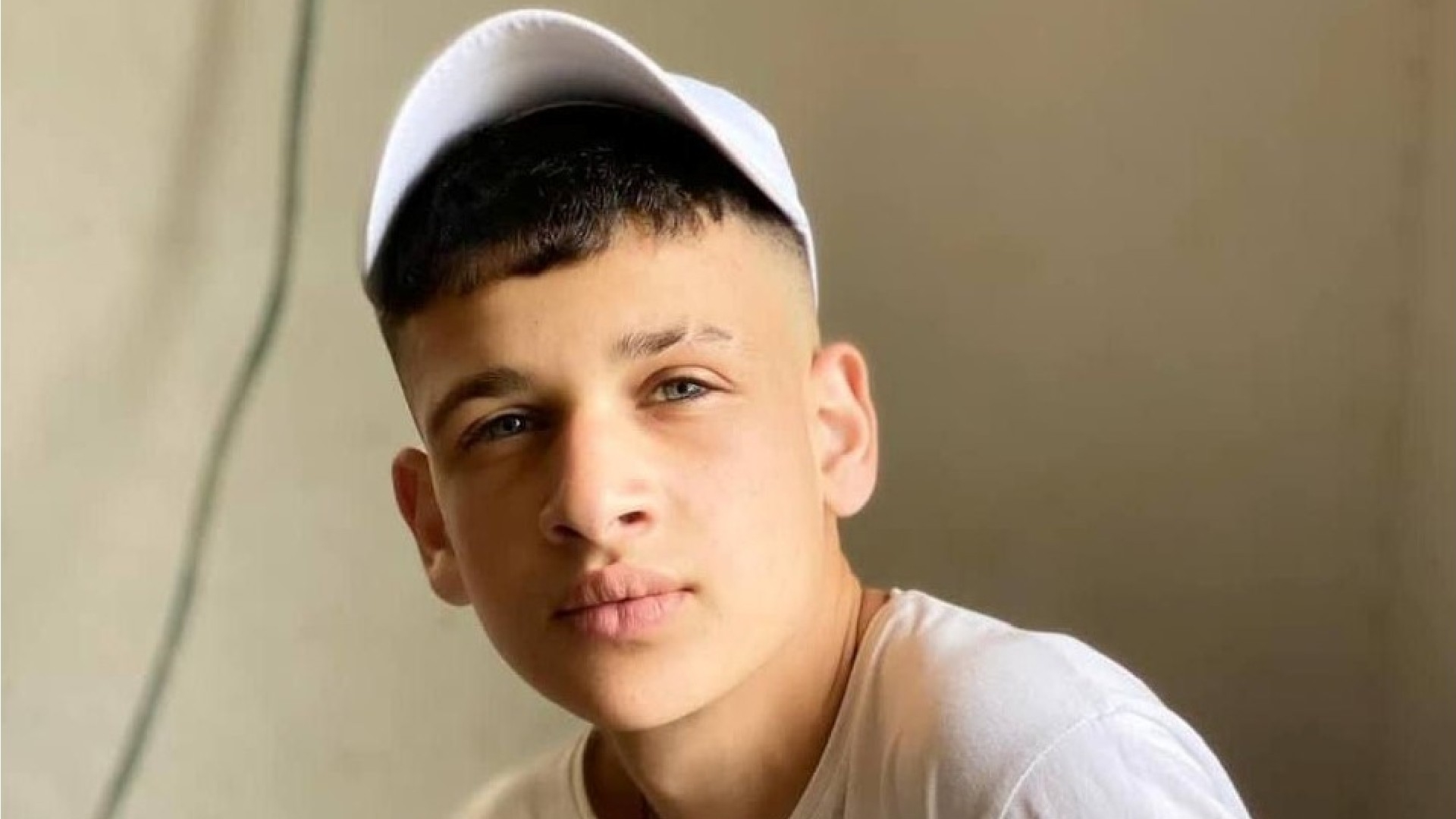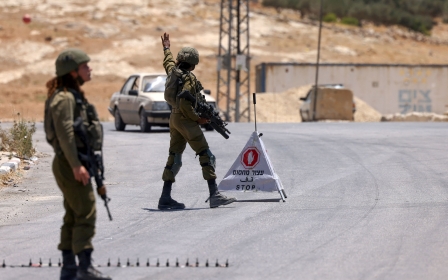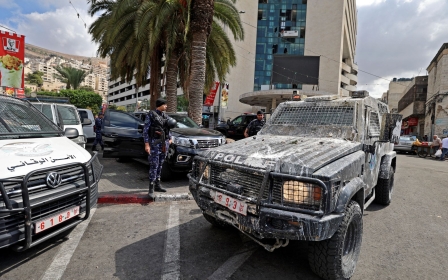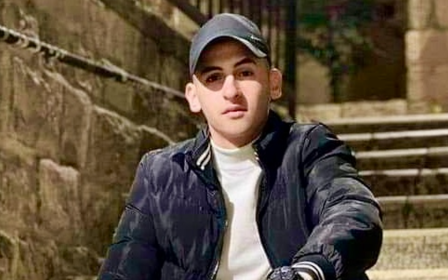West Bank: Israeli forces kill Palestinian teenager near Ramallah

Israeli forces fatally shot a Palestinian teenager on Friday in the occupied West Bank, making him the 34th child killed by Israeli fire this year according to a Middle East Eye tally.
Mohammad Fouad al-Baied, 17, was shot in the head in the Umm Safa village near Ramallah, the Palestinian health ministry said.
Israeli forces used live fire, stun grenades and tear gas to disperse Palestinians who gathered in the village to denounce a recent rise in settler attacks against them, Palestinian media reported.
At least one other person besides Baied was seriously wounded from gunshots and others were treated for tear gas inhalation.
The Israeli army said it fired at Palestinians hurling stones and "life-threatening rocks" at Israeli troops in Umm Safa.
The village north of Ramallah has seen heightened tensions in recent weeks following violent settler mob attacks in the area earlier this month, which left at least one Palestinian killed.
Residents are protesting the violence as well as the establishment of a new settlement outpost near the southern entrance to the village in June.
On 7 July, Israeli forces killed Abdel-Jawad Saleh in similar confrontations in Umm Safa.
Palestinians hold weekly rallies in the West Bank on Fridays to denounce settlements and the occupation.
Israeli soldiers and settlers often attack them to disperse their protests, leading to the wounding and killing of Palestinians.
Nearly 700,000 settlers live in more than 250 settlements and outposts across the West Bank and East Jerusalem in violation of international law.
At least 196 Palestinians have been killed by Israeli fire this year, including 34 children - at a rate of nearly one fatality per day.
A total of 160 people died in the West Bank and East Jerusalem, while the remaining 36 were killed in the Gaza Strip.
Meanwhile, Palestinians have killed 25 Israelis in the same period, including six children.
Middle East Eye propose une couverture et une analyse indépendantes et incomparables du Moyen-Orient, de l’Afrique du Nord et d’autres régions du monde. Pour en savoir plus sur la reprise de ce contenu et les frais qui s’appliquent, veuillez remplir ce formulaire [en anglais]. Pour en savoir plus sur MEE, cliquez ici [en anglais].




